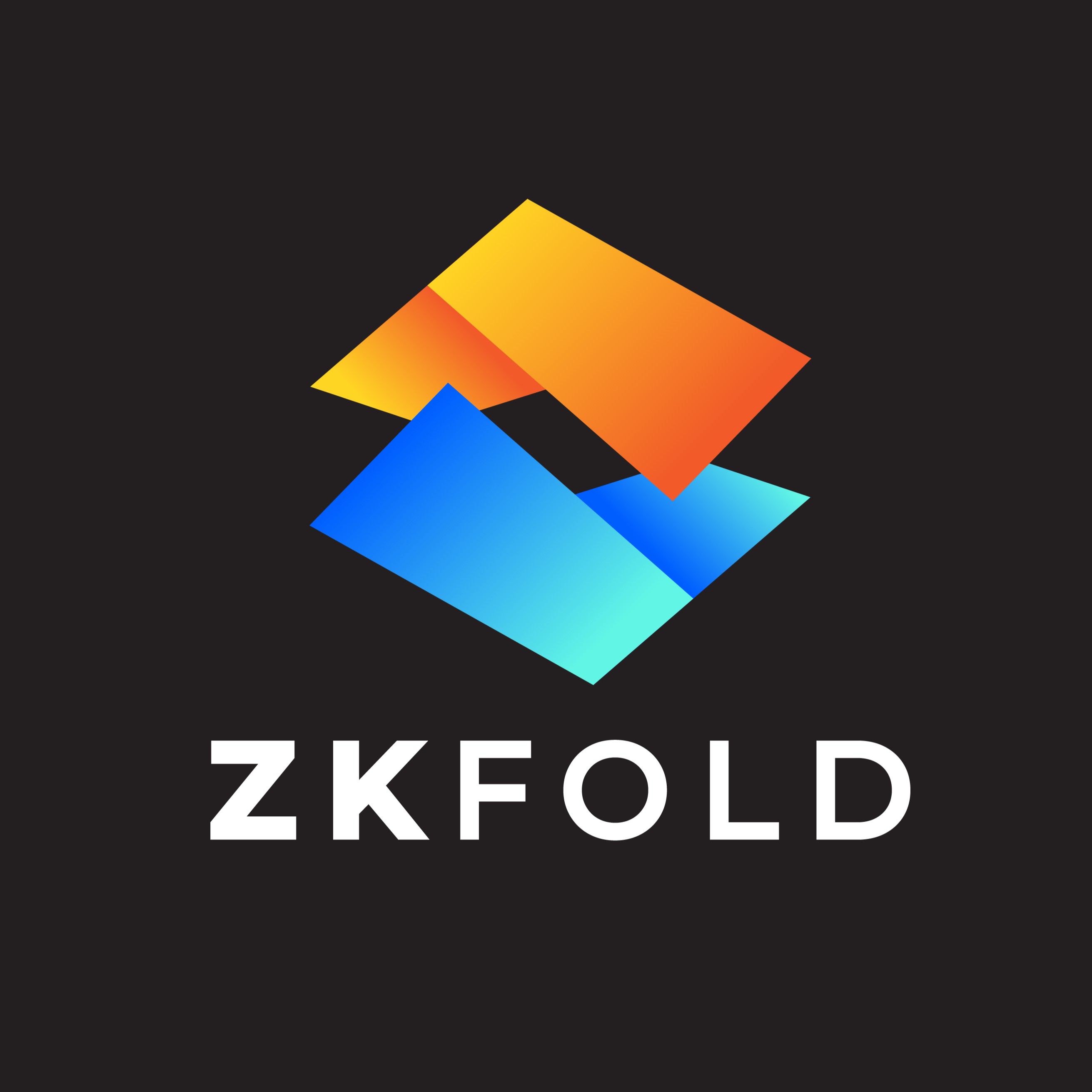ZkFold

zkFold is developing a blockchain Layer 1 and Layer 2 scaling solutions based on state-of-the-art zero knowledge proof (ZKP) algorithms. ZkFold addresses scalability across all dimensions: compute, storage, and network throughput.
zkFold's first product Symbolic smart contracts enables complex smart contracts with low fees on L1 blockchains. Its upcoming Layer 2 scalable DLT will be based on a new consensus algorithm desiged in-house. With its key characteristics being very high throughput, almost instant finality, and extremely low hardware requirements for nodes, ZkFold aim to elevate the scalability of smart contract blockchains to another level.
ZK Fold Products
| zkFold Symbolic | zkFold UPLC Converter | zkFold Scalable DLT |
|---|---|---|
| A high-level functional language, a subset of Haskell. Smart contracts written in zkFold Symbolic are compiled directly into arithmetic circuits that can be utilized by various zero-knowledge protocols. | Compiles Untyped Plutus Core (UPLC) scripts into arithmetic circuits and lets developers code ZK smart contracts in their language of choice. | Layer 2 scaling solution for smart contract blockchains: Extremely low fees, instant finality, almost unlimited throughput, low requirements for nodes |
ZkFold Prover (in partnership with Maestro)
Open Source | Managed API |
|---|
ZKFold, in collaboration with Maestro, developed a ZK-prover backend application for smart contract transactions that utilize zero-knowledge protocols.
ZK-prover represents the necessary infrastructure piece for zkFold's products, such as zkFold Symbolic (the ZK smart contract language), zkFold Wrapper, and the future zkFold Rollup.
For zkFold Symbolic smart contracts, the transaction lifecycle looks as follows:
- Build the transaction constraints (skeleton).
- Balance inputs and outputs, including fees and withdrawals.
- Compute a zero-knowledge proof of smart contract satisfiability.
- Build the full transaction, including the proof as a redeemer in the on-chain proof verification script.
- Sign and submit the transaction to the Cardano network.
Smart contracts that utilize zero-knowledge protocols can extend Cardano's functionality and improve scalability. They, however, require additional backend infrastructure or managed APIs for the ZK-prover to cover steps 2, 3, and 4 of the above lifecycle.